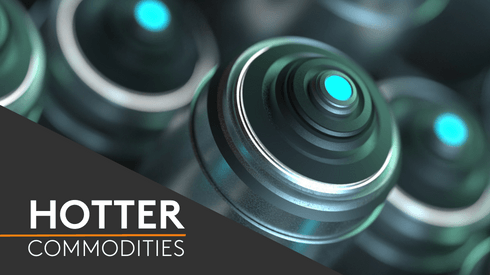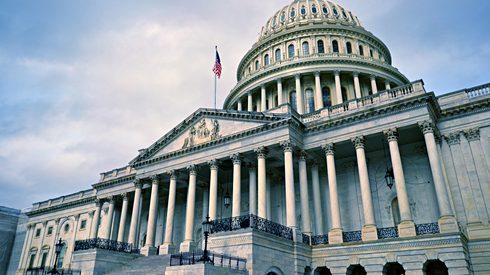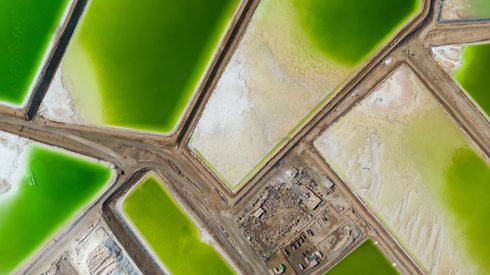“I’ve begun to receive some requests from my clients for postponing their [copper cathodes] shipments from last week, because they don’t have new orders at current copper prices,” a copper trader in Singapore said.
A second Singapore-based trader said, “Long-term shipments have been postponed or delayed [in the region] and [plants] will buy on the spot market if there is demand, which is now lower than 2024’s long-term terms.”
Japanese copper producer Pan Pacific Copper (PPC) offered at a premium of $95 per tonne to its customers in Southeast Asian countries for the 2024 copper cathode supply, and spot premiums in the region have been falling in recent weeks, with higher copper futures prices deterring spot buying.
Fastmarkets assessed the weekly copper grade A cathode premium, cif Southeast Asia, at $60-70 per tonne on Tuesday May 14, down from $70-80 per tonne a week earlier.
Copper fabricators in China have also been hit by elevated copper futures prices and absence of sufficient order volumes, market participants said.
“The whole industry [of copper fabricators] is crying, and crying louder now, [and] it’s a gambling on futures prices, which has completely decoupled with real demand, and we now basically make spot purchases based on orders, and we haven’t received new orders for a while, and we are not alone,” one copper plant in south China said.
“[The situation is manageable] for big copper fabricators, but small and medium-size plants are running at lower operating rates due to low acceptance of higher copper prices among end-users, and I heard some copper rod producers are operating their lines on a ‘rota’ basis, because their orders are not sufficient enough for them to keep units onstream,” a second copper plant in east China said.
Copper traders are also struggling with subdued demand for imported copper units, with the premium sitting closer to its record low, Fastmarkets learned.
“The market is desperate due to sustained, big arbitrage loss, [and] there is no buying, or [bids] came at sharply low numbers, with most of them going single or double negative numbers,” a third copper trader in Shanghai said.
Fastmarkets assessed the daily copper grade A cathode premium, cif Shanghai at a discount of $10 to a premium of $5 per tonne on Tuesday, compared with a premium of $0-15 per tonne a week prior.
This is much closer to an all-time low of a discount of $0-15 per tonne seen in late April since Fastmarkets began assessing the price in 2015.
Fastmarkets calculated the copper import arbitrage at a loss of $ 307.23 per tonne on Tuesday May 14, compared with a loss of $259.21 per tonne a week ago.
Arbitrage terms measure the import opportunity between the London Metal Exchange (LME) and Shanghai Futures Exchange (SHFE), with a negative arbitrage calculation meaning that an importer could incur a loss.
Three-month copper prices on London Metal Exchange reached its fresh two-year high of $10,255.50 per tonne on Tuesday morning, and Shanghai Futures Exchange July copper closed at 82,540 yuan ($10,092, excluding 13% value-added tax) per tonne on Tuesday.
Want to hear more insights on this market? Subscribe to Fast Forward, your definitive podcast for the critical minerals and battery raw materials markets, today. Your host, Andrea Hotter, will address burning topics in the critical minerals market including the latest trends, market buzz and game-changing technologies that are shaking up the sector. Find out more here or subscribe on Spotify, Apple Podcasts, Amazon Music or wherever you get your podcasts to get the latest episodes when they are released.






